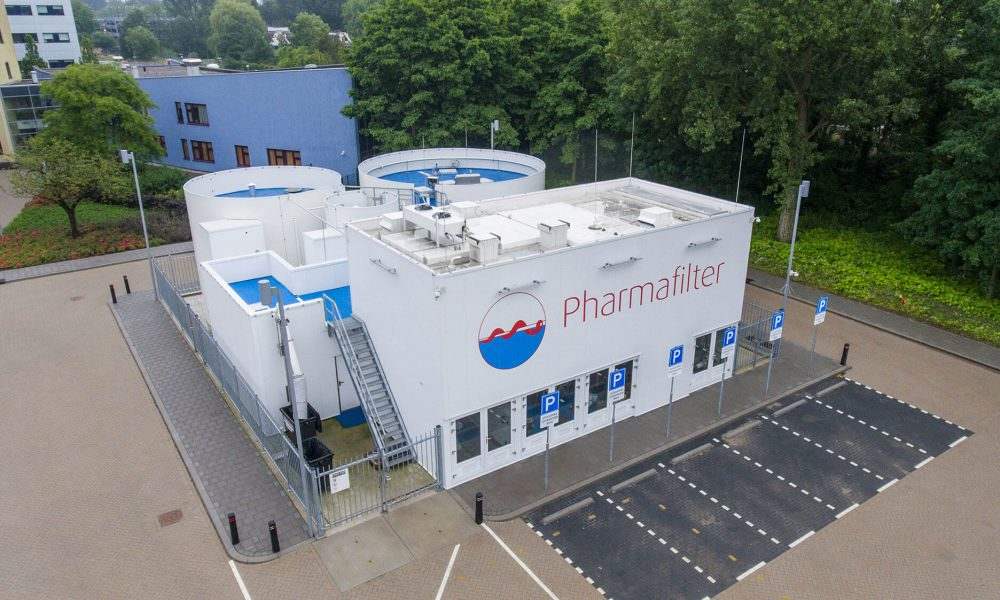Newsletter Signup - Under Article / In Page
"*" indicates required fields
Hospital waste management is no laughing matter, given that one hospital bed can produce up to 0.5 kg of waste per day. A Dutch technology is using microbes to optimize the process with anaerobic digestion.
We look to hospitals and our healthcare systems at large for treatment and reassurance when we are sick, but it is easy to overlook the fact that disposing of waste is a major challenge hospitals face on a daily basis. The World Health Organisation estimates that 15% of waste generated by hospitals could be toxic, radioactive or otherwise harmful, so finding effective ways of dealing with this waste is not trivial.
Most hospitals incinerate dangerous waste and send the rest to landfills or to be recycled. But a lot of the equipment made from cellulose fibres used by hospitals today, such as papers cups, disposable clothing and tissues, is biodegradable. Instead of sending it to different facilities to be processed, a Dutch technology could expedite the process with a biological waste disposal system that can be used on-site at hospitals.
Pharmafilter, based in Amsterdam, has developed a waste filter that works in two steps. First, the Pharmafilter system uses a high-tech shredder called Tonto, which breaks down waste products in hospital wards. The waste is then transported to a plant where harmful substances in hospital water, such as disease-causing microbes and traces of medications, are filtered out.

The solid waste is then broken down by microorganisms through anaerobic digestion. The unit powers itself from the biogas that results from the breakdown of the solid waste, and any left-over energy is fed back into the hospital grid.
The Pharmafilter could help remove waste from hospitals sooner and reduce the spread of hospital-acquired infections. The technology also minimizes the amount of antimicrobial residues that enter water filtration plants, which could help combat antibiotic resistance.
Antibiotic resistance is one of the biggest threats to global health of today. Pharmafilter’s potential to reduce the risk of spreading antibiotic resistance underscores the importance of developing effective hospital waste management systems.
Images by Pharmafilter, Puwadol Jaturawutthichai/Shutterstock
Partnering 2030: FME Industries Report







